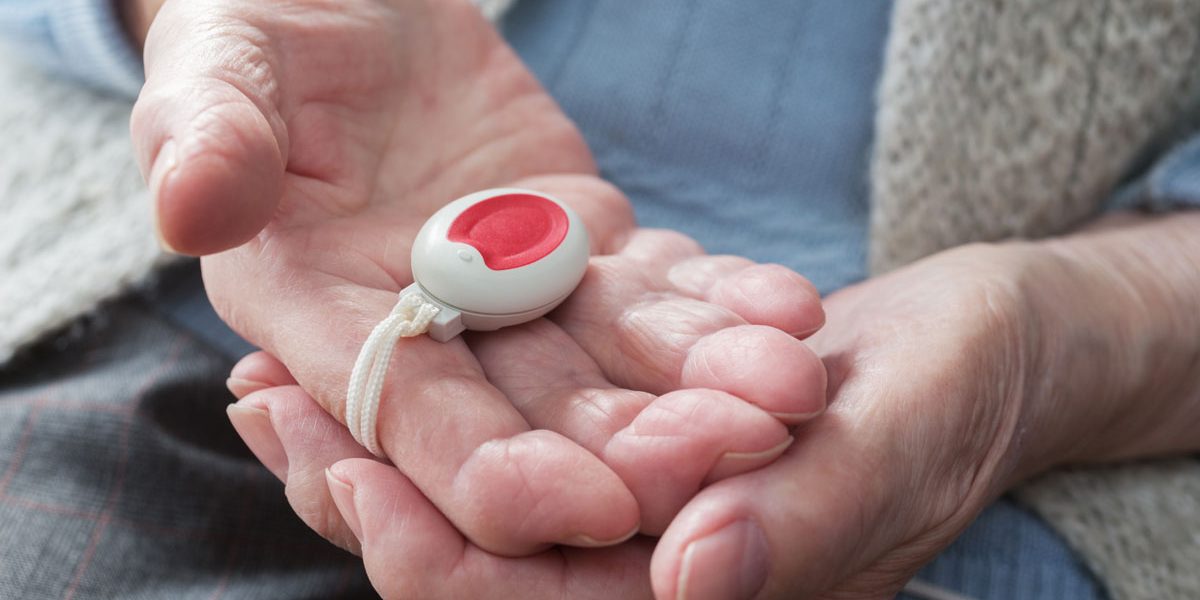In an era where technology is advancing at an unprecedented rate, one of the most impactful innovations in healthcare is the development of medical alert systems. These systems, designed to provide immediate assistance in the event of a medical emergency, have become invaluable tools for individuals seeking to maintain their independence and well-being. In this article, we will explore the significance of medical alert systems, their features, benefits, and considerations for choosing the right one.
Understanding Medical Alert Systems
Medical alert systems, also known as personal emergency response systems (PERS), are devices equipped to summon help in case of a medical emergency. These systems are designed to cater to a wide range of individuals, including seniors living alone, individuals with chronic medical conditions, and those with disabilities. The primary goal is to ensure prompt assistance in critical situations, thereby enhancing safety and providing peace of mind for both users and their loved ones.
Key Features of Medical Alert Systems
- Emergency Button: The core feature of a medical alert system is the emergency button, often worn as a pendant or wristband. When pressed, this button triggers a call to a monitoring center, where trained professionals assess the situation and coordinate appropriate assistance.
- 24/7 Monitoring: The monitoring center operates around the clock, every day of the year. This constant vigilance ensures that help is always available, regardless of the time or day.
- Two-Way Communication: Most modern medical alert systems come with two-way communication capabilities. This allows users to communicate directly with the monitoring center, providing details about their situation, enabling reassurance, and facilitating coordination with emergency services.
- Fall Detection: Some medical alert systems are equipped with fall detection technology. This feature automatically senses a fall and sends an alert to the monitoring center, even if the user is unable to press the emergency button. Falls are a significant concern for seniors, and rapid response can be crucial in minimizing the impact of such incidents.
- GPS Tracking: Many medical alert systems incorporate GPS technology, allowing emergency responders to pinpoint the user’s location accurately. This feature is especially beneficial for individuals who may be outdoors or have conditions that make them prone to wandering.
- Medication Reminders: Some systems include medication reminder features. Timely reminders ensure that users adhere to their medication schedules, promoting better health management.

Benefits of Medical Alert Systems
- Immediate Assistance: The primary and most crucial benefit of medical alert systems is the provision of immediate assistance in emergencies. This rapid response can make a significant difference in outcomes, especially in situations where time is of the essence.
- Peace of Mind: For both users and their loved ones, the knowledge that help is readily available brings a sense of peace of mind. This assurance allows individuals to continue living independently, knowing that they have a lifeline in case of an emergency.
- Reduced Risk of Complications: Timely intervention through medical alert systems can reduce the risk of complications resulting from falls, accidents, or medical emergencies. This is particularly important for seniors and individuals with chronic conditions.
- Extended Independence: Medical alert systems empower individuals to maintain their independence. The assurance of assistance provides a safety net, enabling seniors and those with health concerns to continue living in their homes rather than opting for assisted living arrangements.
- Family and Caregiver Support: Medical alert systems are not just for the benefit of users; they also provide support for family members and caregivers. Knowing that their loved ones have access to immediate assistance alleviates concerns and caregiver stress.
Considerations Before Choosing a Medical Alert System
- Cost: Medical alert systems come with varying pricing structures. It’s essential to consider the cost of the device, monthly service fees, and any additional charges. Some systems may offer discounts or financial assistance, so it’s worth exploring all options.
- Device Features: Different medical alert systems come with varying features. Consider the specific needs of the user, such as fall detection, GPS tracking, or medication reminders, and choose a system that aligns with those requirements.
- Monitoring Center Reputation: The reliability and responsiveness of the monitoring center are crucial. Research the reputation of the monitoring center associated with the medical alert system, ensuring that it meets high standards for professionalism and efficiency.
- Contract Terms: Review the terms of the service contract carefully. Understand the cancellation policy, any fees associated with early termination, and the process for returning or replacing equipment.
- User-Friendliness: The usability of the device is essential, especially for seniors or individuals with limited technological familiarity. Choose a system with a user-friendly design, simple buttons, and clear instructions.
Evolving Trends in Medical Alert Systems
As technology continues to advance, several trends are shaping the landscape of medical alert systems:

- Integration with Smart Home Technology: Many medical alert systems are now compatible with smart home technology. This integration allows users to control other aspects of their home environment, such as lighting and thermostats, directly through the medical alert device.
- Mobile Apps for Remote Monitoring: Some systems offer mobile apps that allow family members or caregivers to monitor the user’s status remotely. These apps can provide real-time updates on the user’s location, activity levels, and any alerts triggered.
- Wearable Technology: The trend towards wearable technology extends to medical alert systems. Users can now choose from a variety of stylish and discreet wearables, including smartwatches, that incorporate emergency response features.
Conclusion
Medical alert systems have revolutionized the way we approach health and safety, particularly for individuals who value their independence. The combination of immediate assistance, advanced features, and user-friendly designs makes these systems a crucial asset for seniors, those with chronic conditions, and anyone seeking an extra layer of security. As technology continues to evolve, the landscape of medical alert systems will likely see further advancements, providing even more personalized and comprehensive solutions for individuals looking to enhance their safety and well-being. In an aging population with a growing focus on aging in place, medical alert systems stand as a testament to the potential of technology to improve lives and foster a sense of security and independence.



